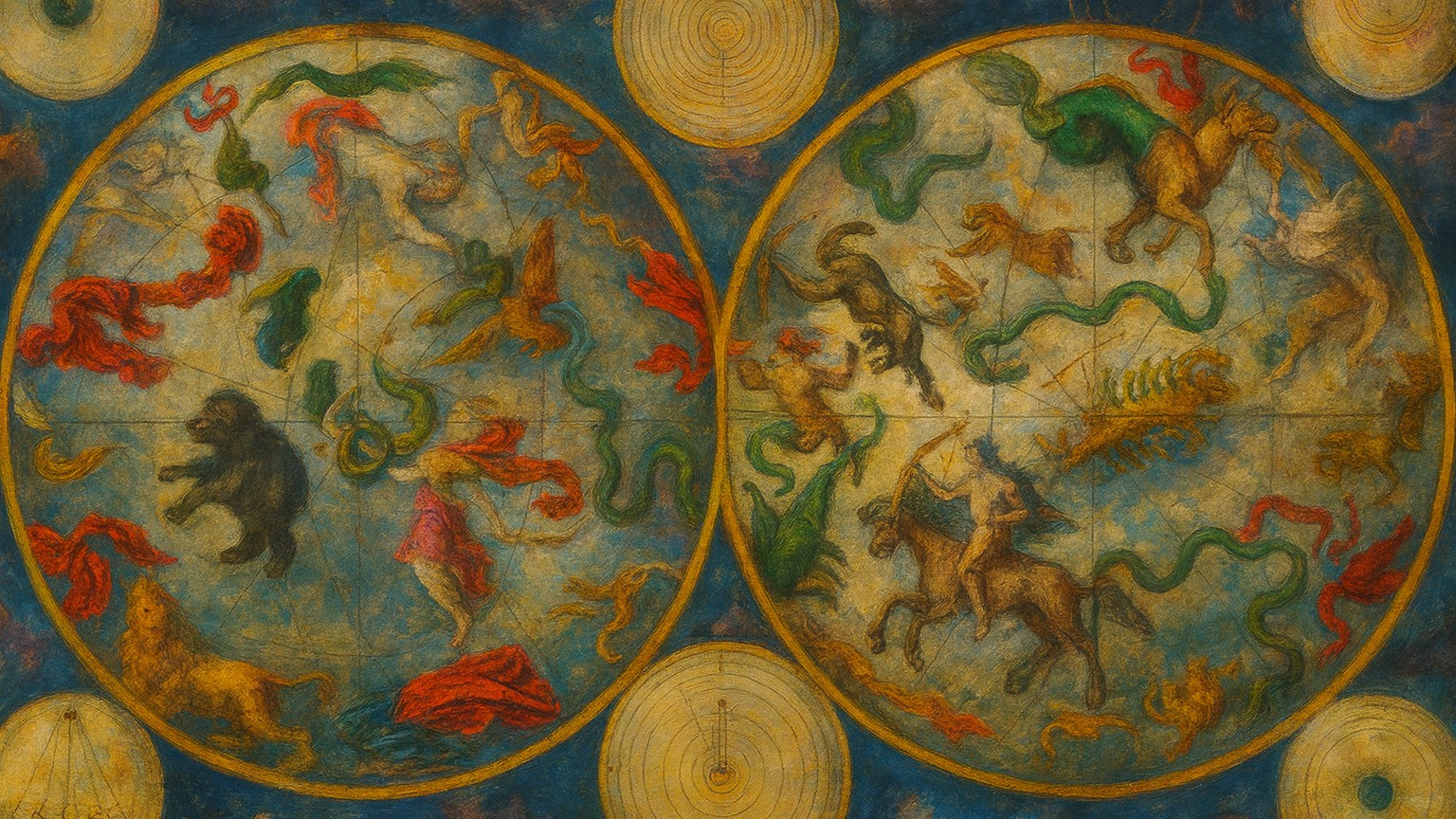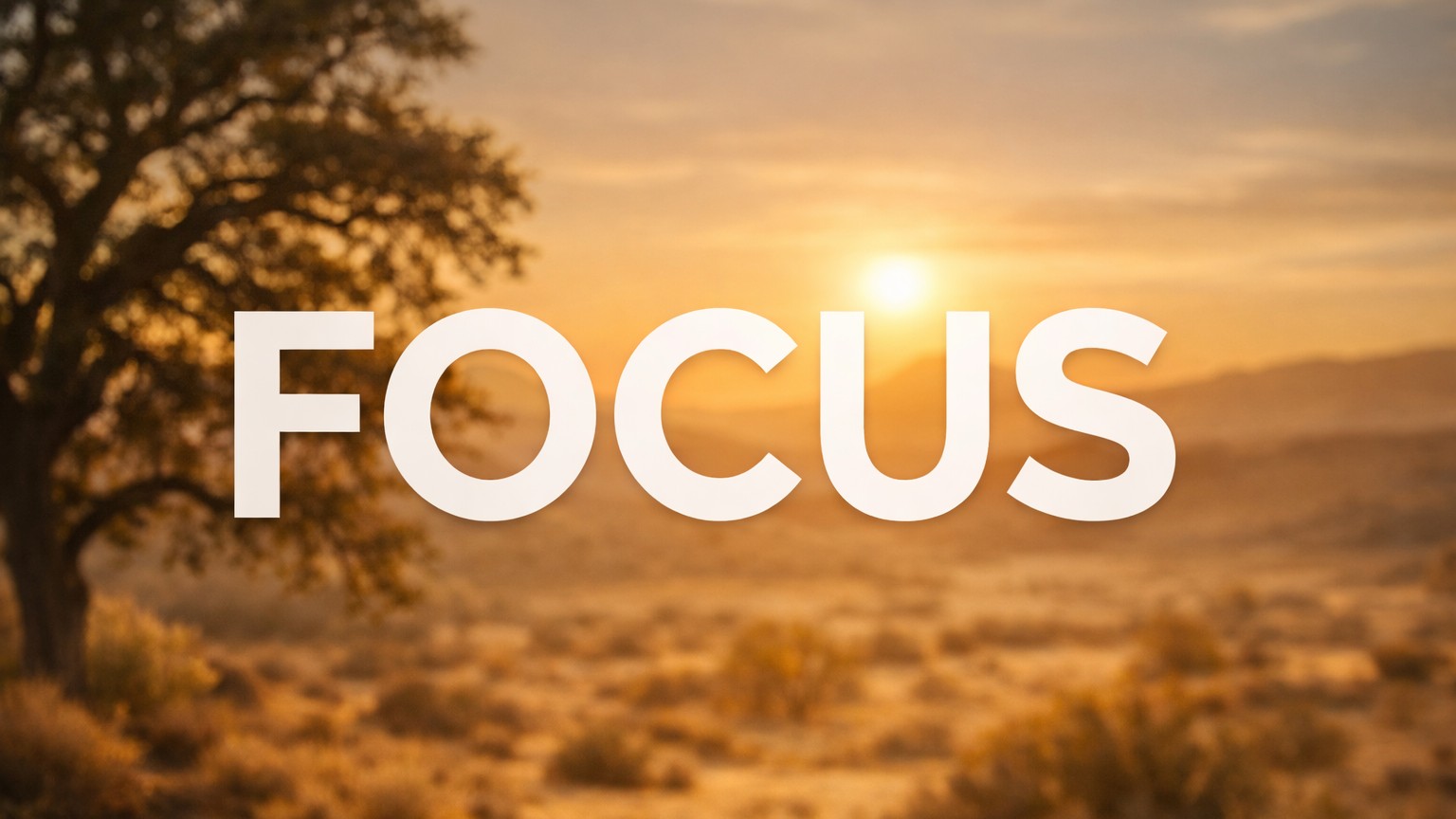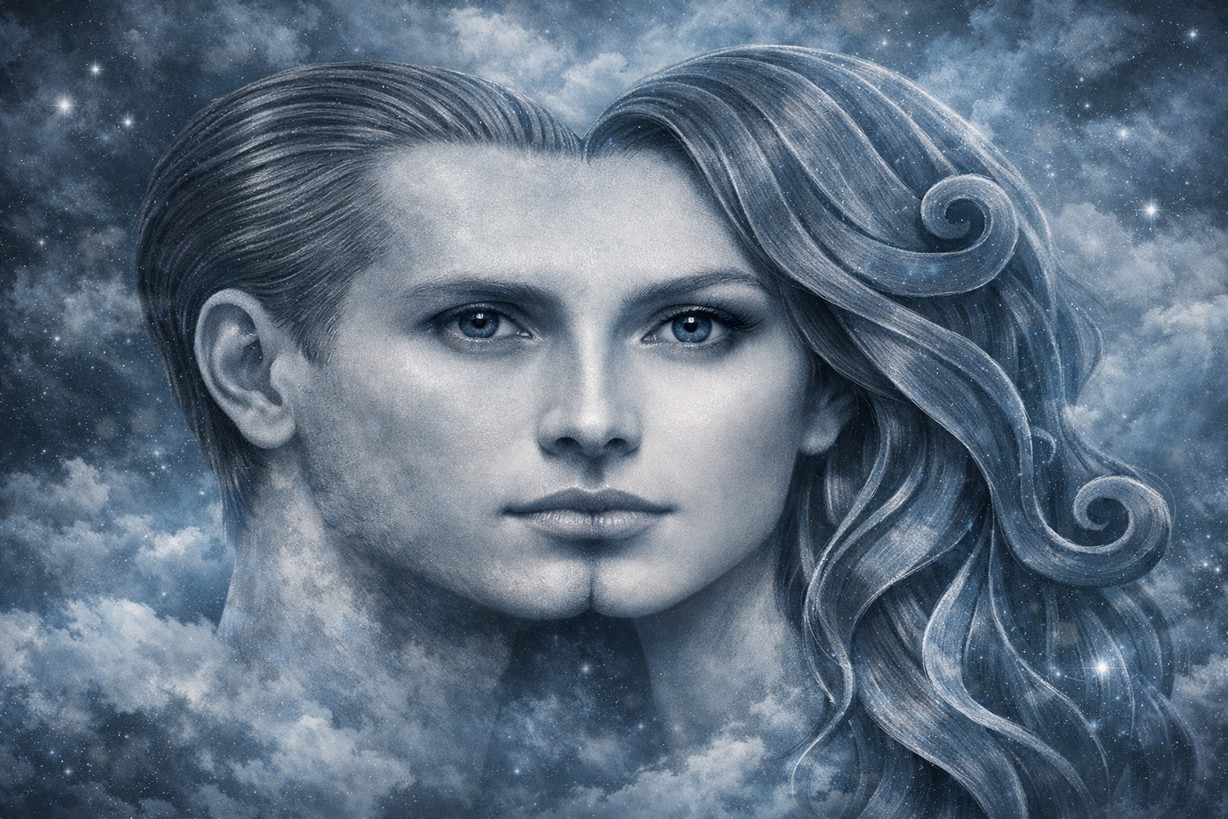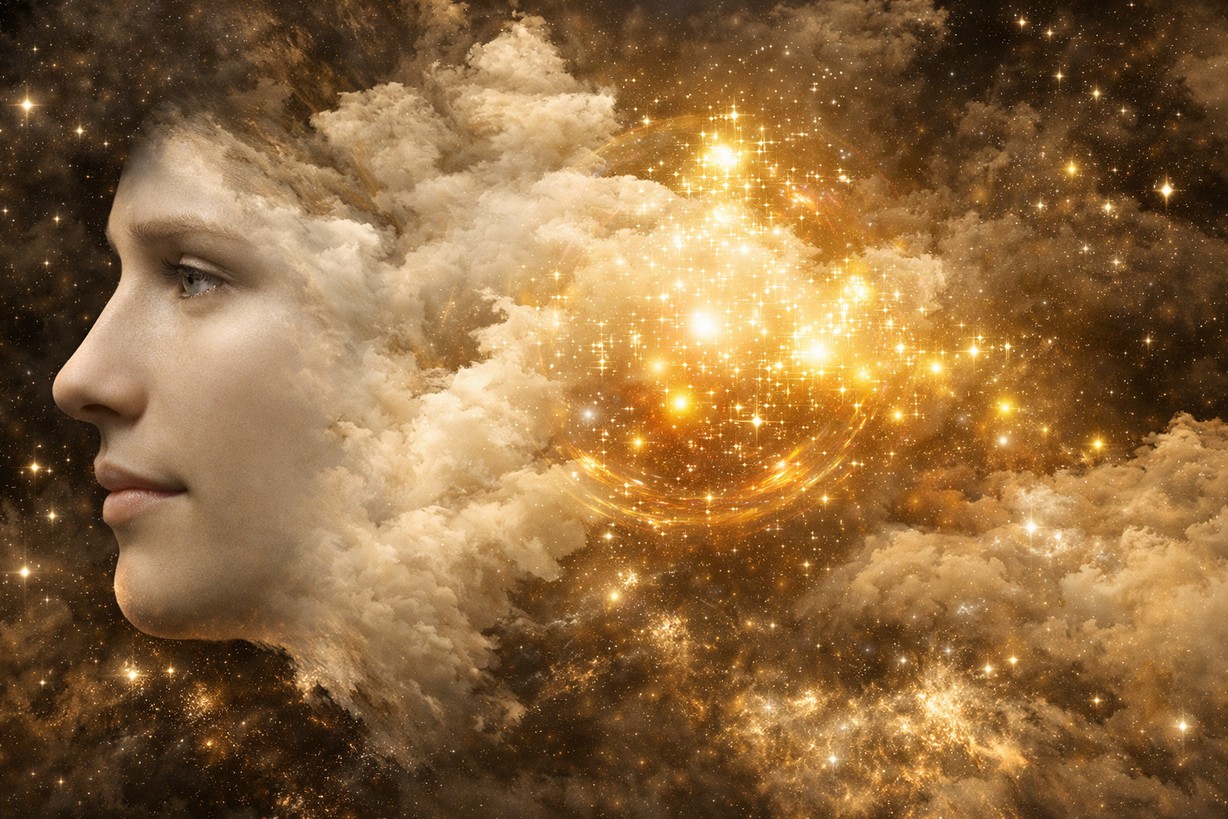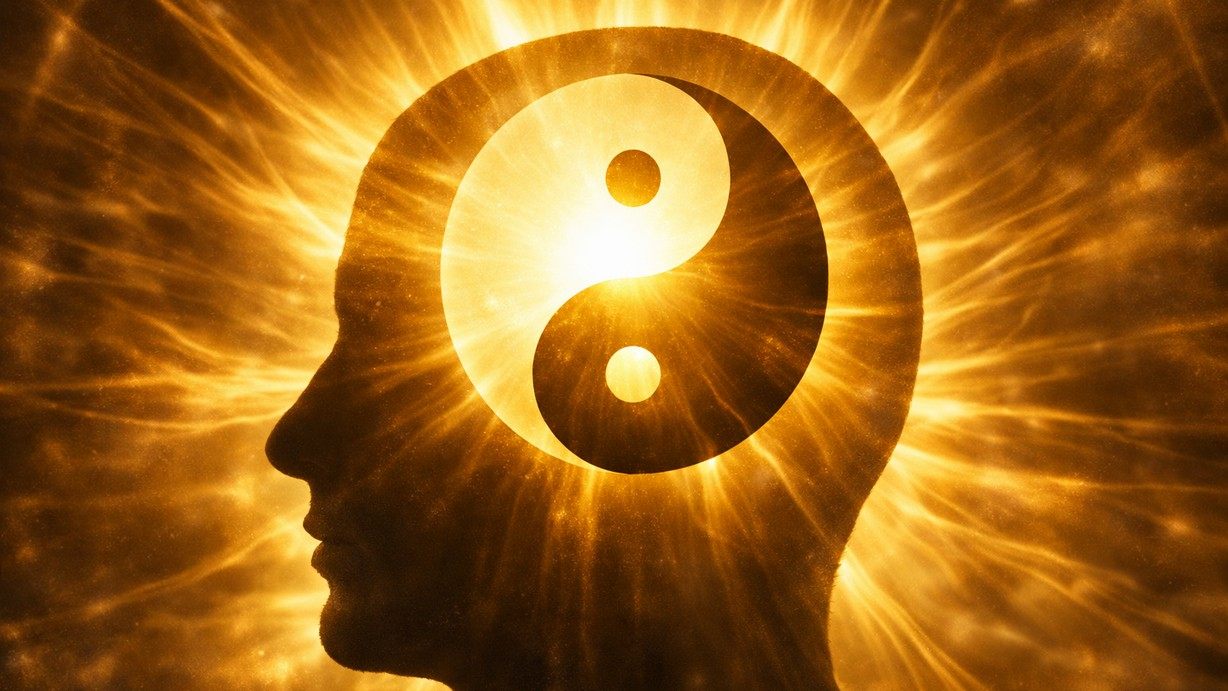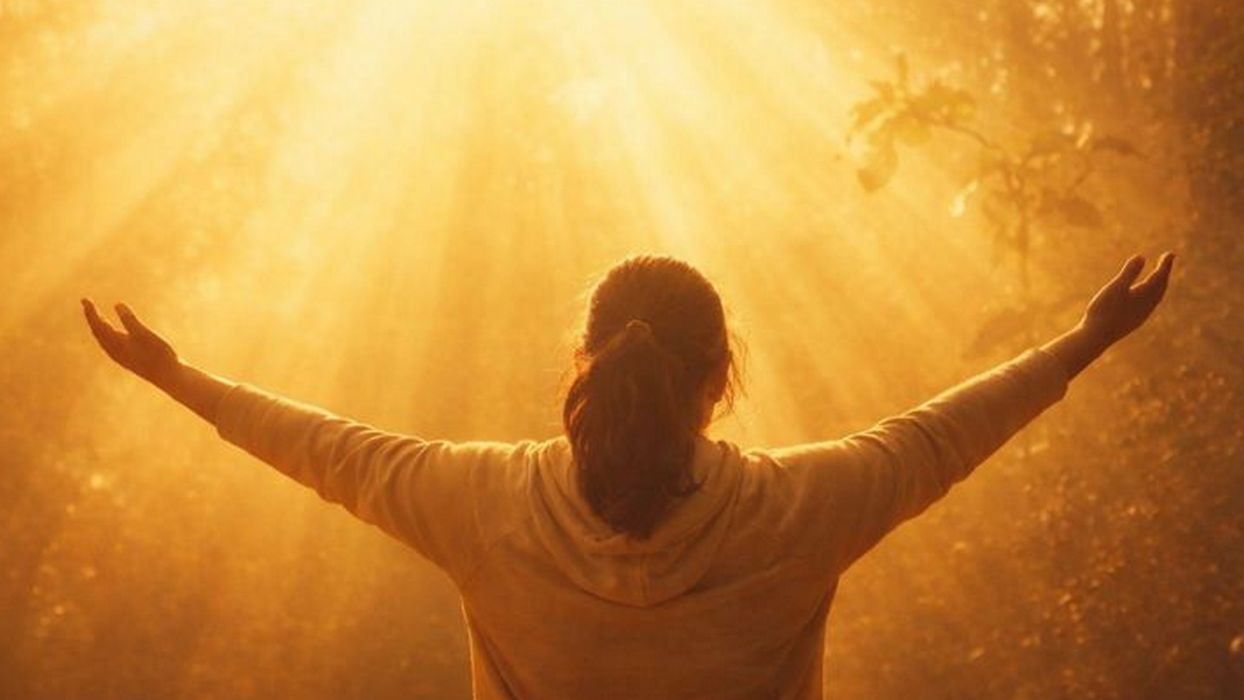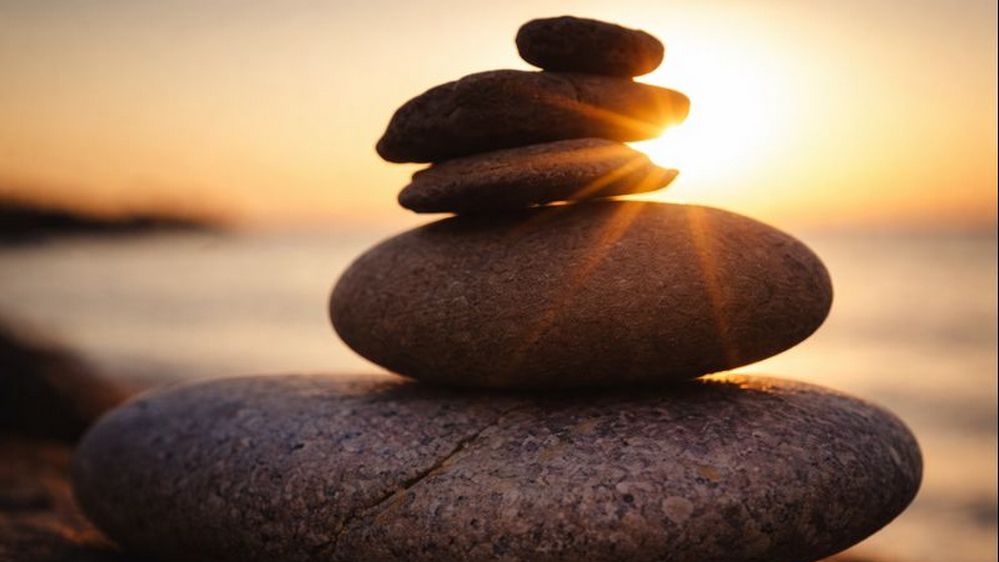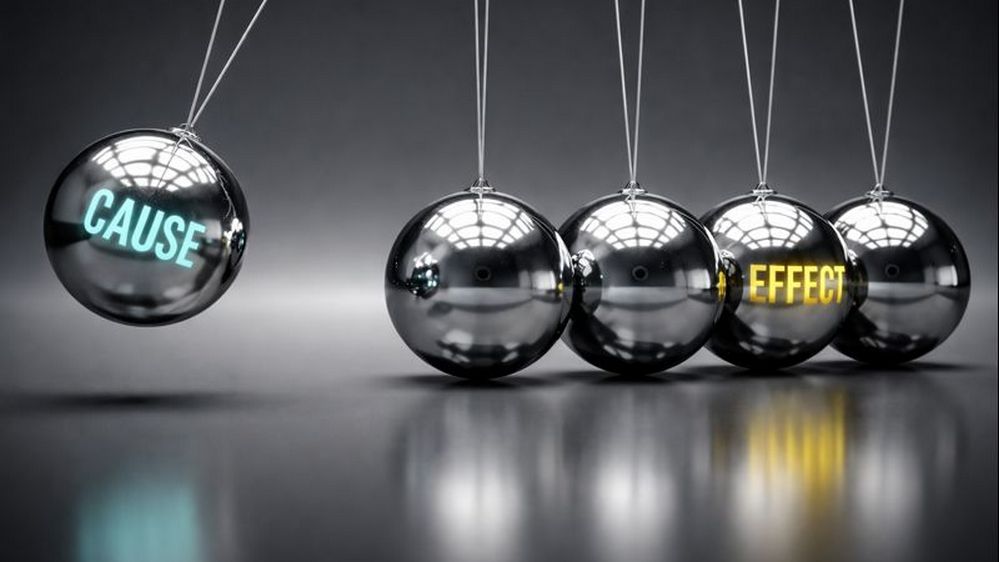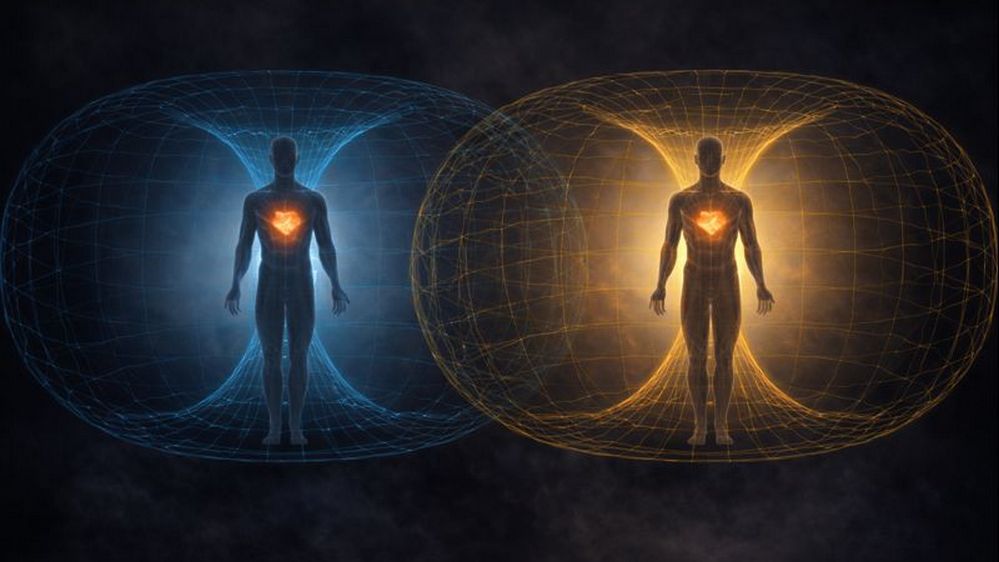The stars have always had something to say. Humanity just couldn’t stop eavesdropping.
Well, if you’ve ever cracked open a newspaper to check your horoscope before reading about the latest stock market crash, you’re in good company.
Oh, and you are very much part of a centuries-old tradition.
From ancient Babylon to modern Beverly Hills, astrology has been humanity’s favorite cosmic cocktail of science, superstition, and just enough mystery to keep us addicted.
Yes, before apps could tell you which crystal to buy for your moon sign, or that Mercury is retrograding your love life again, the story of astrology was written in the dust of Mesopotamia. It was also carved into stone tablets, literally.
Let’s travel back through time, grab a cosmic cocktail, and take a whirlwind tour through the sparkling, sometimes bonkers history of astrology.
It All Began in Babylon…Where Else?
Rewind to around 2000 BCE in ancient Mesopotamia or we can call it the land of ziggurats, epic poetry, and people who looked up and thought, “Hey, maybe those shiny dots control our crops, kings, and kids”.
The Babylonians weren’t looking for daily love horoscopes.
They wanted to know if the king would die, or if it was a good time to invade the neighbors. By 700 BCE, they’d divided the sky into twelve 30-degree segments (the very first zodiac).
Yes, we owe “What’s your sign?” to ancient math nerds with a god complex.
Back then, astrology was tightly woven with astronomy, because if the moon controls the tides, maybe Jupiter controls your job prospects.
It wasn’t exactly wrong. It wasn’t exactly right. It was…astrology.
Egypt – Where Horoscopes Met Hollywood
Enter the Egyptians. These sun-worshipping, eyeliner-wearing geniuses took astrology and gave it flair.
The stars weren’t just distant fireballs. They were divine characters in a cosmic soap opera. Horus, Osiris, Ra, basically every heavenly body was either fighting evil, being reborn, or modeling for hieroglyphs.
The Egyptians passed their astro-wisdom to the Greeks who turned it into a system. Ptolemy was a real overachiever, and wrote the Tetrabiblos in the 2nd century CE, a four-volume astrological manifesto that basically laid the foundation for Western astrology as we know it.
If you’ve ever felt personally victimized by your Saturn return, you can thank (or resent) Ptolemy.
Rome – When in Doubt, Consult the Stars
The Romans were obsessed with omens. They read bird entrails, lightning strikes, and of course, the stars. Roman emperors had court astrologers whispering predictions into their bejeweled ears.
But astrology wasn’t just for Caesar. It trickled down to the common Roman, too.
By now, astrology had become a mix of the philosophical and the practical. “Should I marry Lucius?” “Is it a good time to plant olives?” “Will my husband survive the next battle?”.
The stars, allegedly, had the answers.
Even Emperor Augustus had his own astrologer, and legend says he put his lucky star sign on coins.
Subtle? No. Effective marketing? Absolutely.
The Middle Ages – Astrology Goes to Church
Surprisingly, astrology didn’t get burned at the stake with the rest of the so-called heresies.
During the medieval period, astrology was embraced by Islamic scholars and European monks alike. Universities taught it. Doctors used it. And yes, the clergy wrote about it.
In the Islamic world, brilliant minds like Al-Biruni and Avicenna studied the stars with precision. They charted the heavens, translated Greek texts, and added their own genius to the mix.
Meanwhile, European courts had their astrologers on retainer. If you had a plague breakout or a royal wedding, someone was checking the planetary alignments.
Astrology wasn’t fringe. Rather, it was mainstream science. Until, well, science caught up.
The Enlightenment – Stars Lose Their Shine
By the 17th and 18th centuries, science pulled out its telescope and started raining on astrology’s celestial parade.
Newton, Kepler, and Galileo made it clear: stars are balls of gas, not divine fortune cookies.
Suddenly, astrology looked less like wisdom and more like wishful thinking. Intellectuals dismissed it as superstition. Astronomy got the lab coat while astrology got the side-eye.
But like your ex who keeps texting, astrology just wouldn’t go away.
The 20th Century – The Stars Go Pop
Fast-forward to the 1930s… a British newspaper editor was looking to boost sales during Princess Margaret’s birth.
The solution? Publish her horoscope.
It was a hit. Soon, every newspaper from London to Long Beach had a daily astrology column.
The 1960s and ’70s brought astrology to the hippie crowd. Blame the Age of Aquarius. Suddenly, knowing your sun, moon, and rising signs was as important as knowing your zip code. It was groovy, man.
Baby Boomers clipped horoscopes from the Sunday paper. Gen X grew up watching Linda Goodman become a household name. And let’s be honest: how many of us still think about our exes when Mercury is retrograde?
Astrology Today – The Meme Has Risen
Now, in the age of smartphones and existential dread, astrology is booming again. Only this time, it’s dressed in millennial pink and served with a side of sarcasm.
Apps like Co–Star and The Pattern analyze your birth chart with the intensity of a forensic detective.
Memes joke about Scorpios being emotionally unavailable and Leos needing constant praise (no comment).
So, astrology isn’t just belief. It’s personality, culture, and internet gold.
You don’t even have to believe in it to enjoy it. For many, astrology is a language to talk about feelings, and patterns, and, yes, blame bad behavior on Mars.
But Does It Work?
That depends on who you ask and quite honestly, how skeptical you’re feeling.
Science says astrology lacks empirical evidence. True.
But history says astrology has shaped human culture, politics, medicine, and psychology. Also true.
So maybe astrology isn’t about predicting the future, but about reflecting on the present.
It’s not a science. It’s a story.
And as long as humans keep looking up at the stars and wondering what it all means, that story isn’t going anywhere.
Bottomline
Astrology has been loved, loathed, banned, praised, memed, monetized, and rebooted more times than a Netflix series.
And yet it endures because we’re still stargazers at heart.
Whether you read your horoscope religiously or mock your friend’s birth chart obsession, one thing is clear: astrology is as much a part of human history as the pyramids, the plague, and polyester leisure suits.
So next time you glance at your horoscope and wonder if the stars are aligned for your big presentation or blind date, just remember that you’re participating in a tradition 4,000 years strong.
And if it doesn’t work out, well…you can always blame Mercury.


